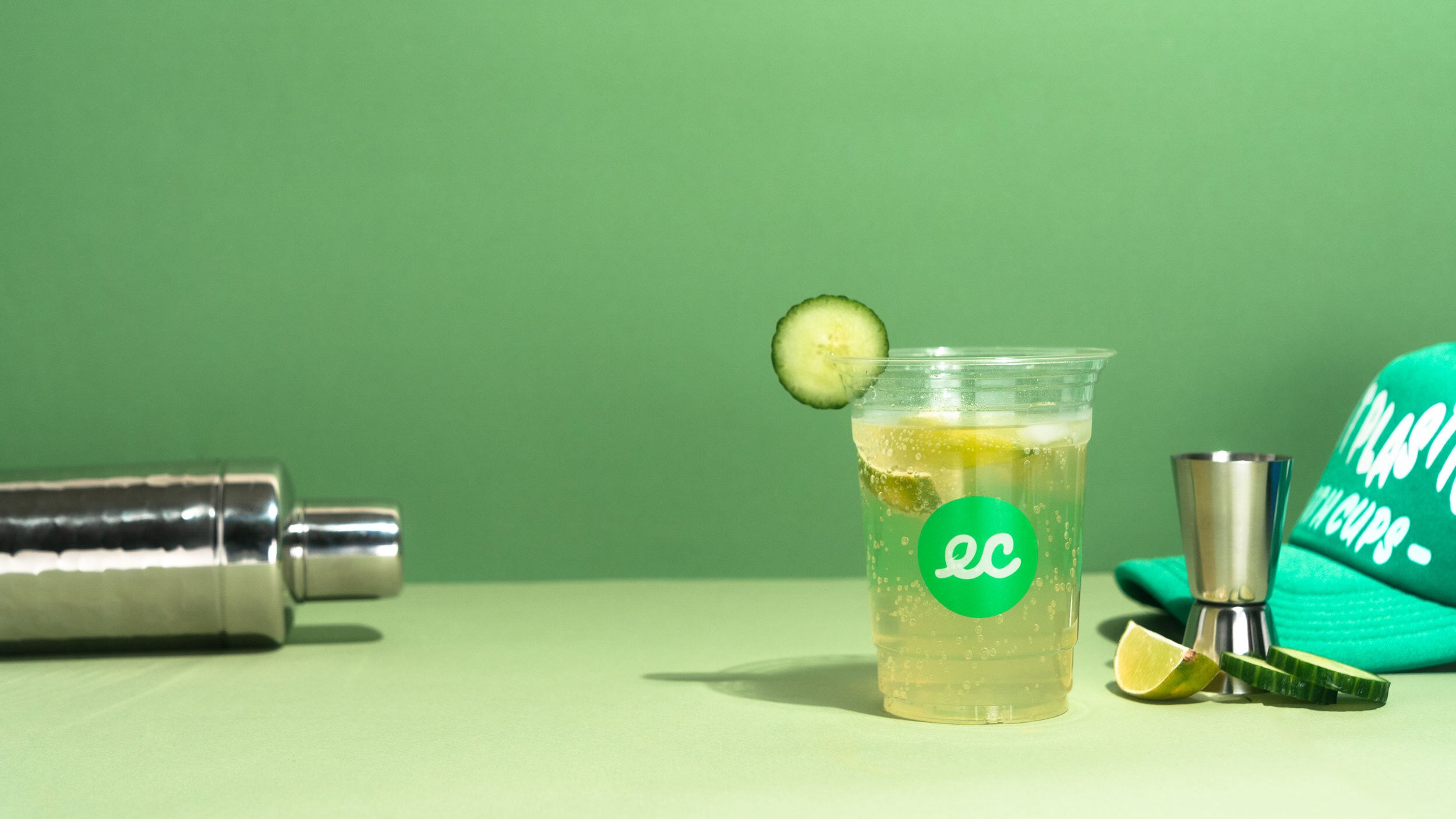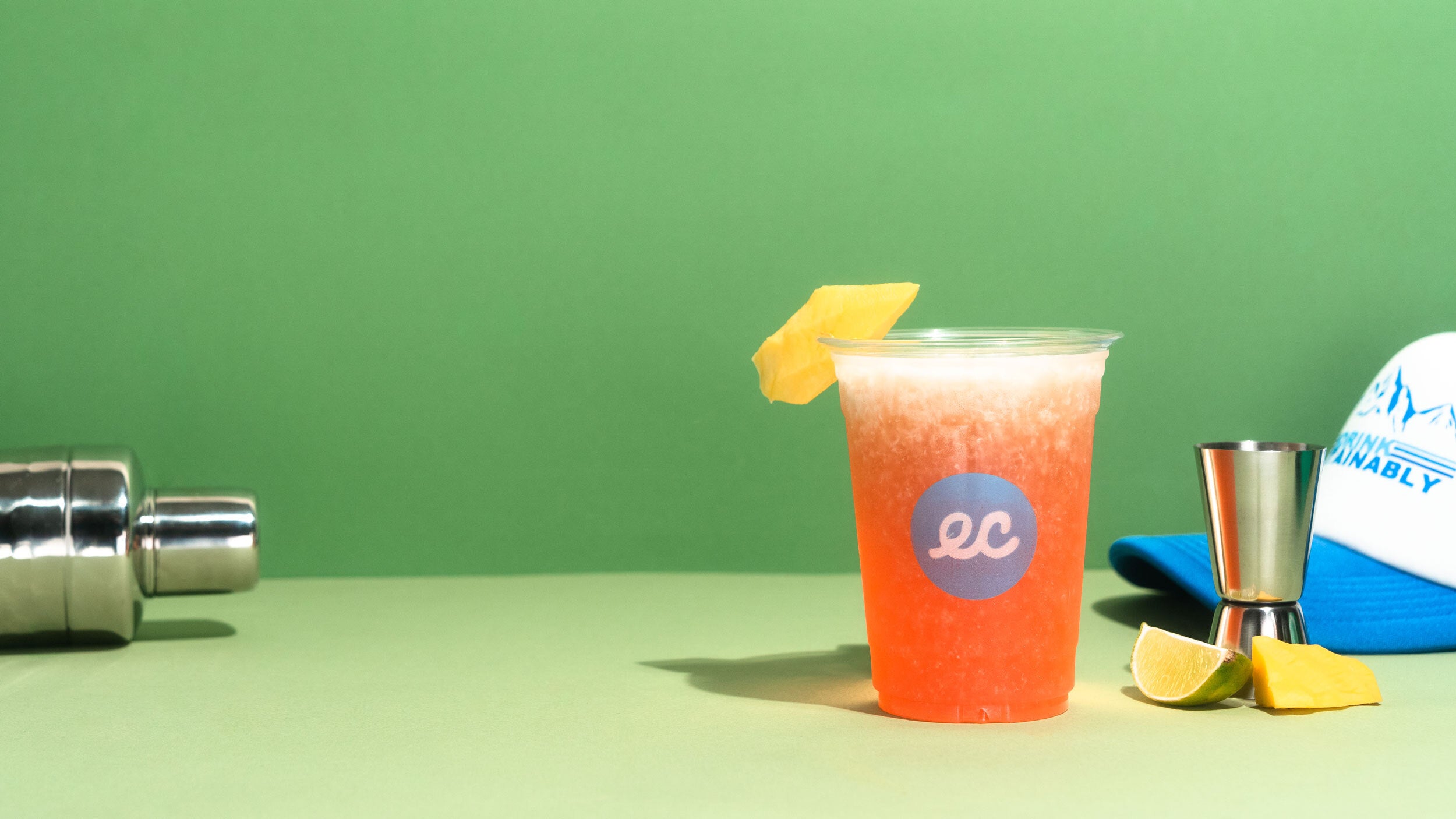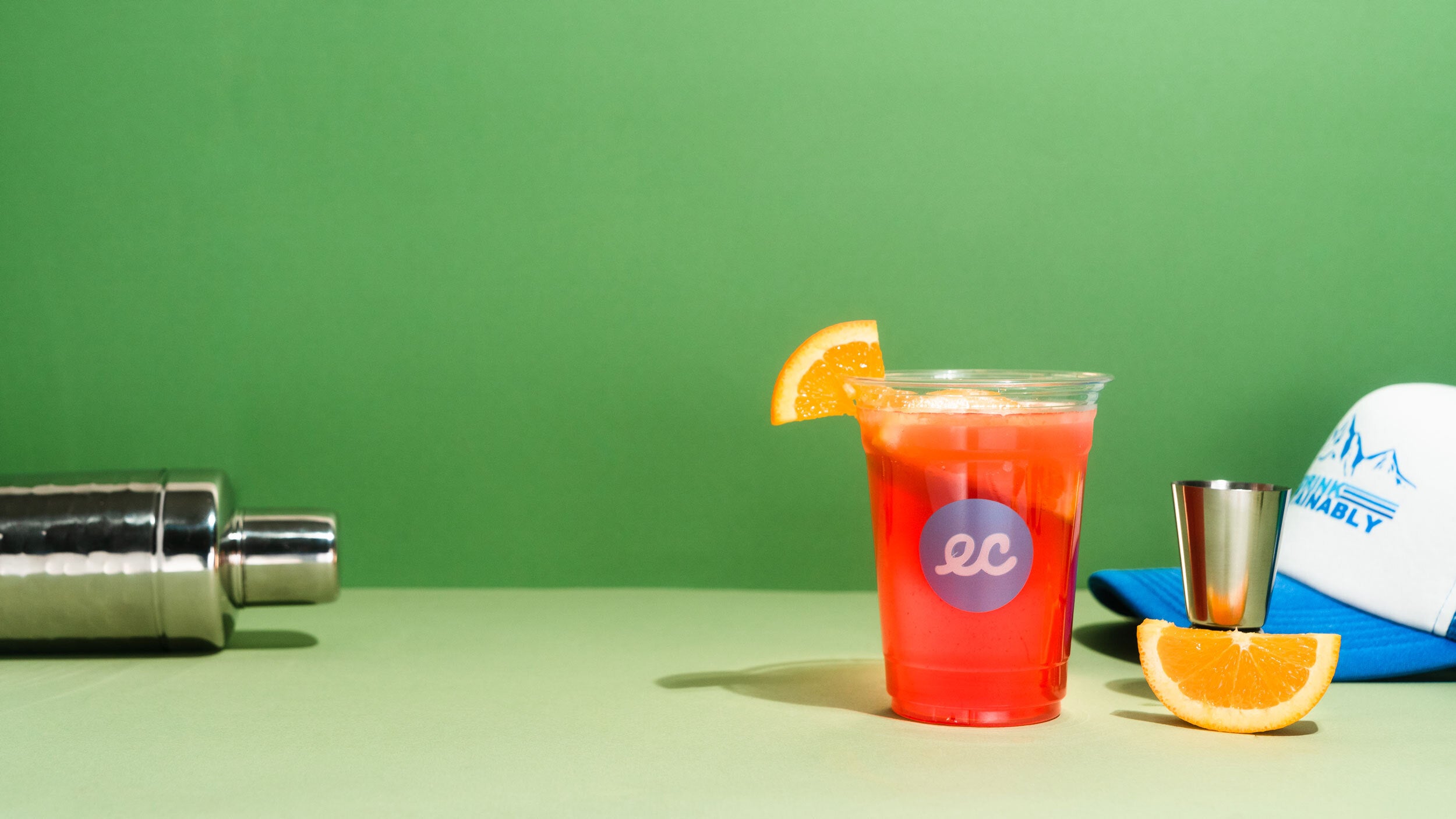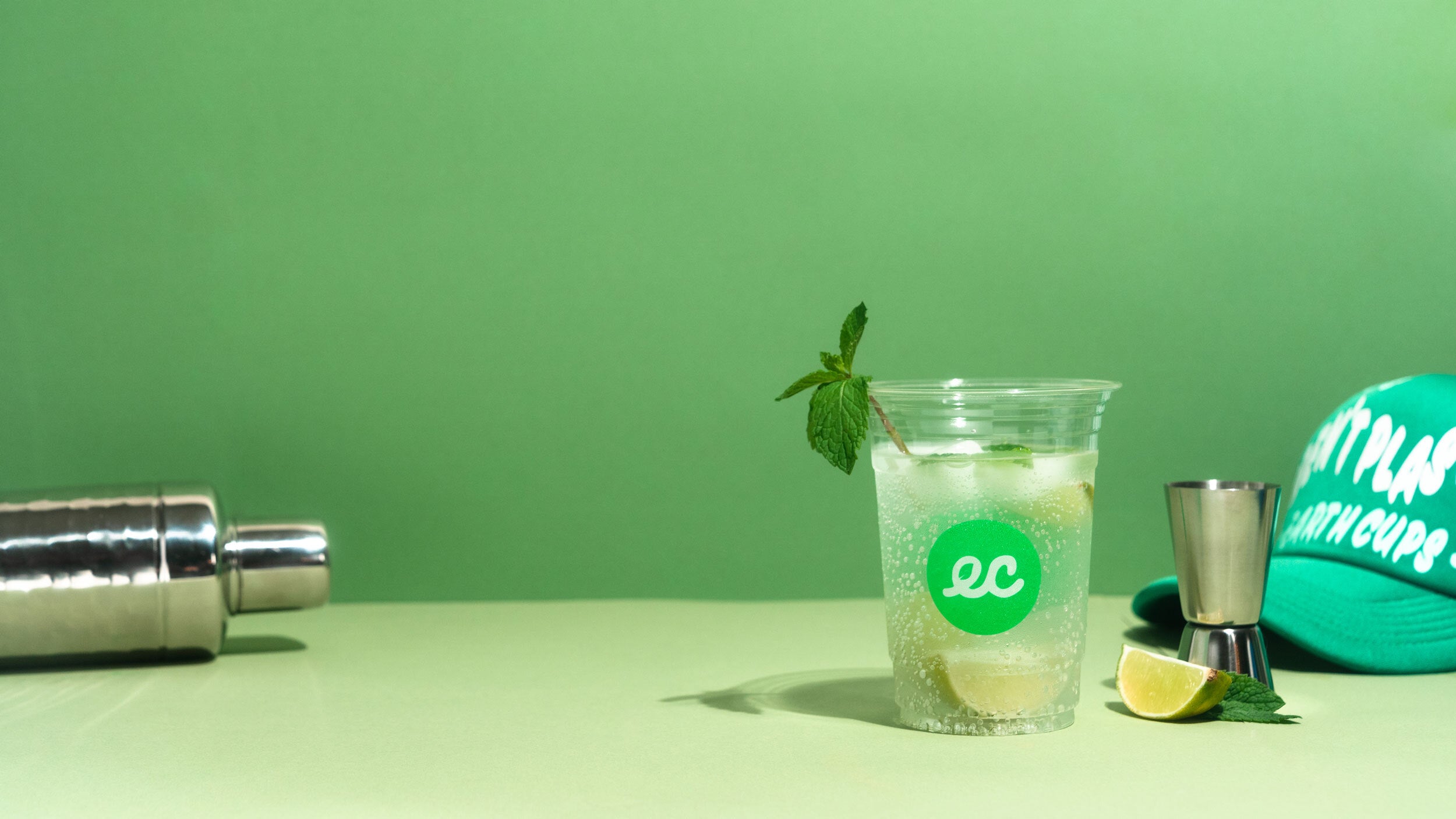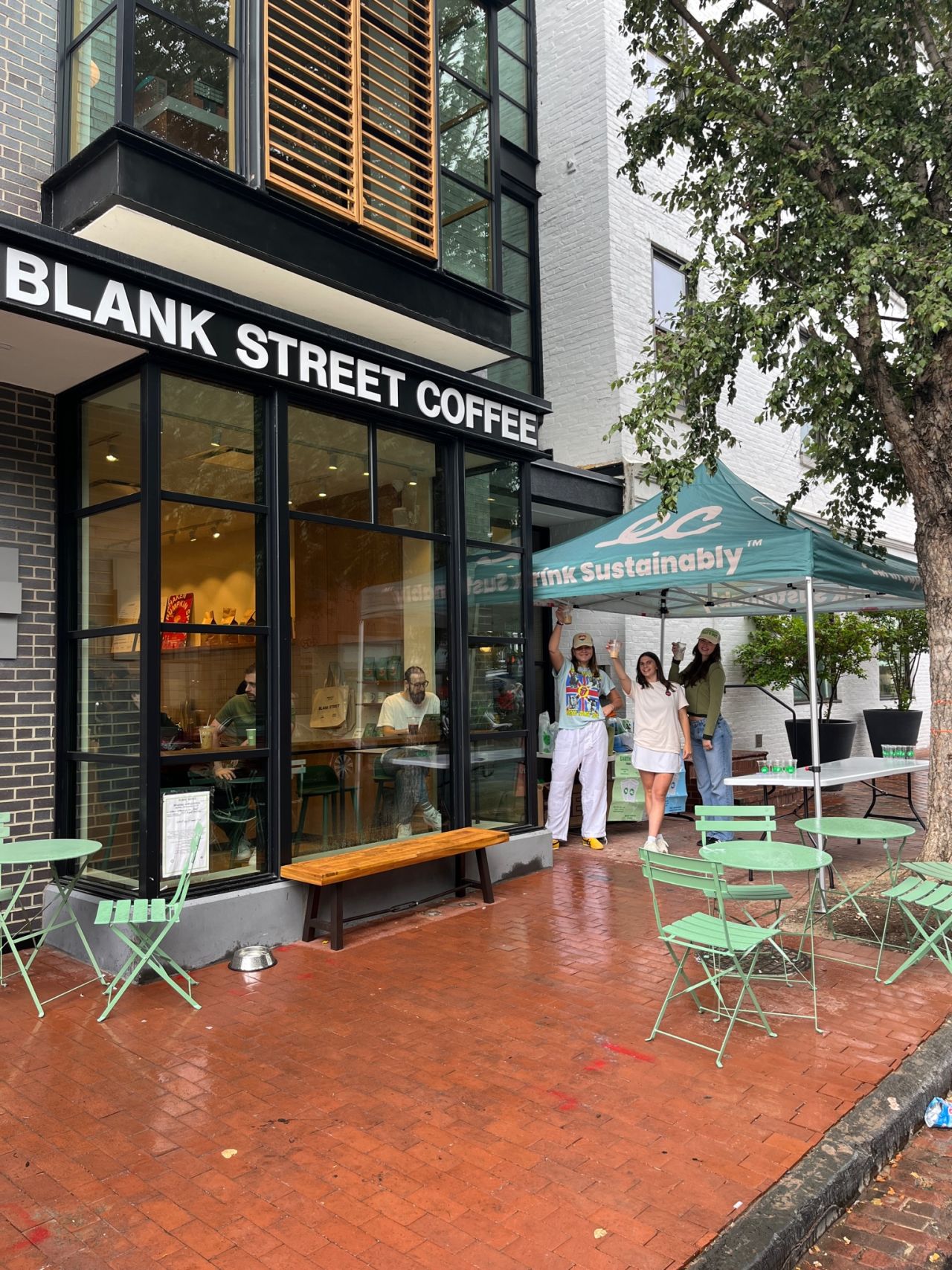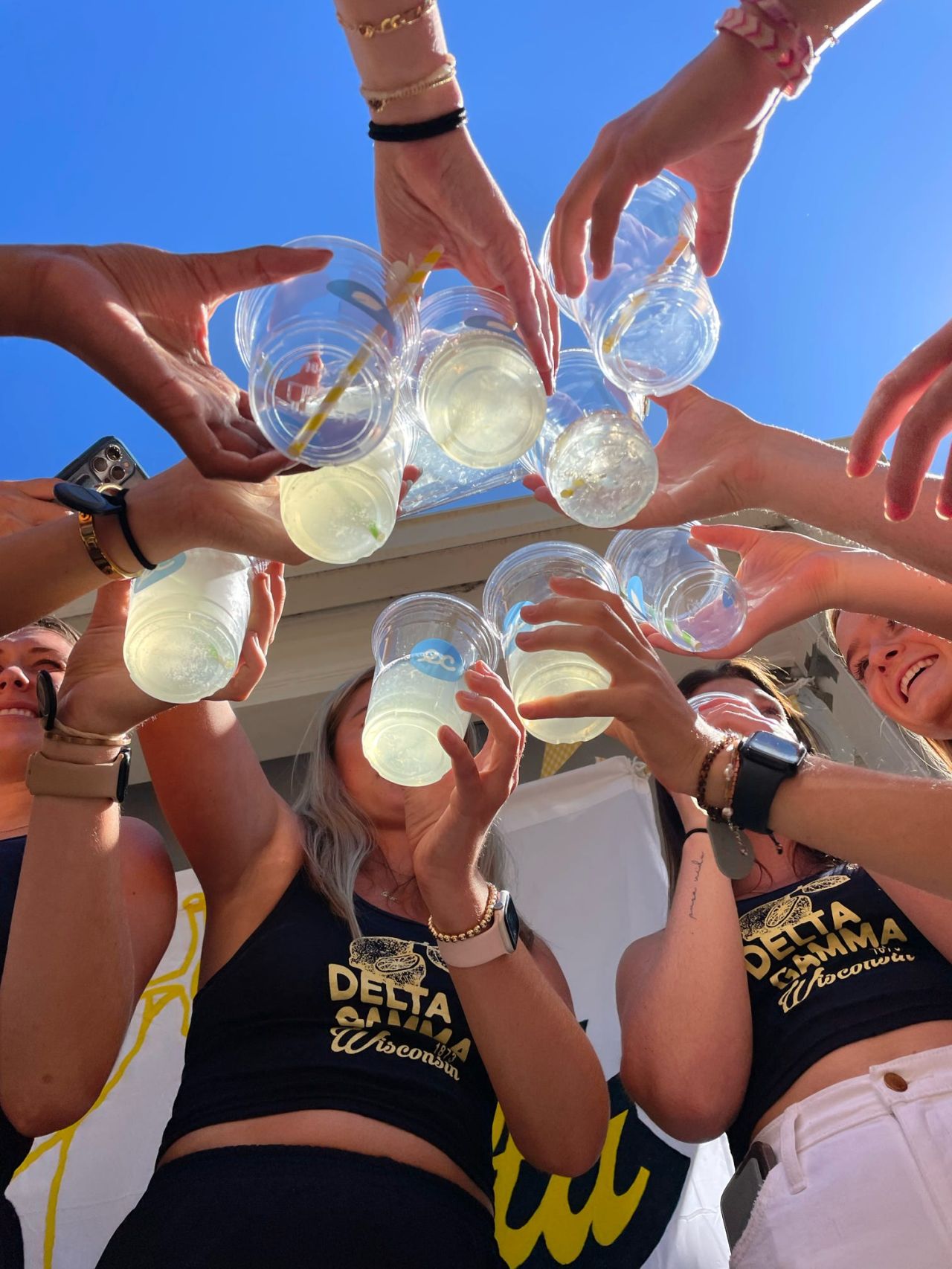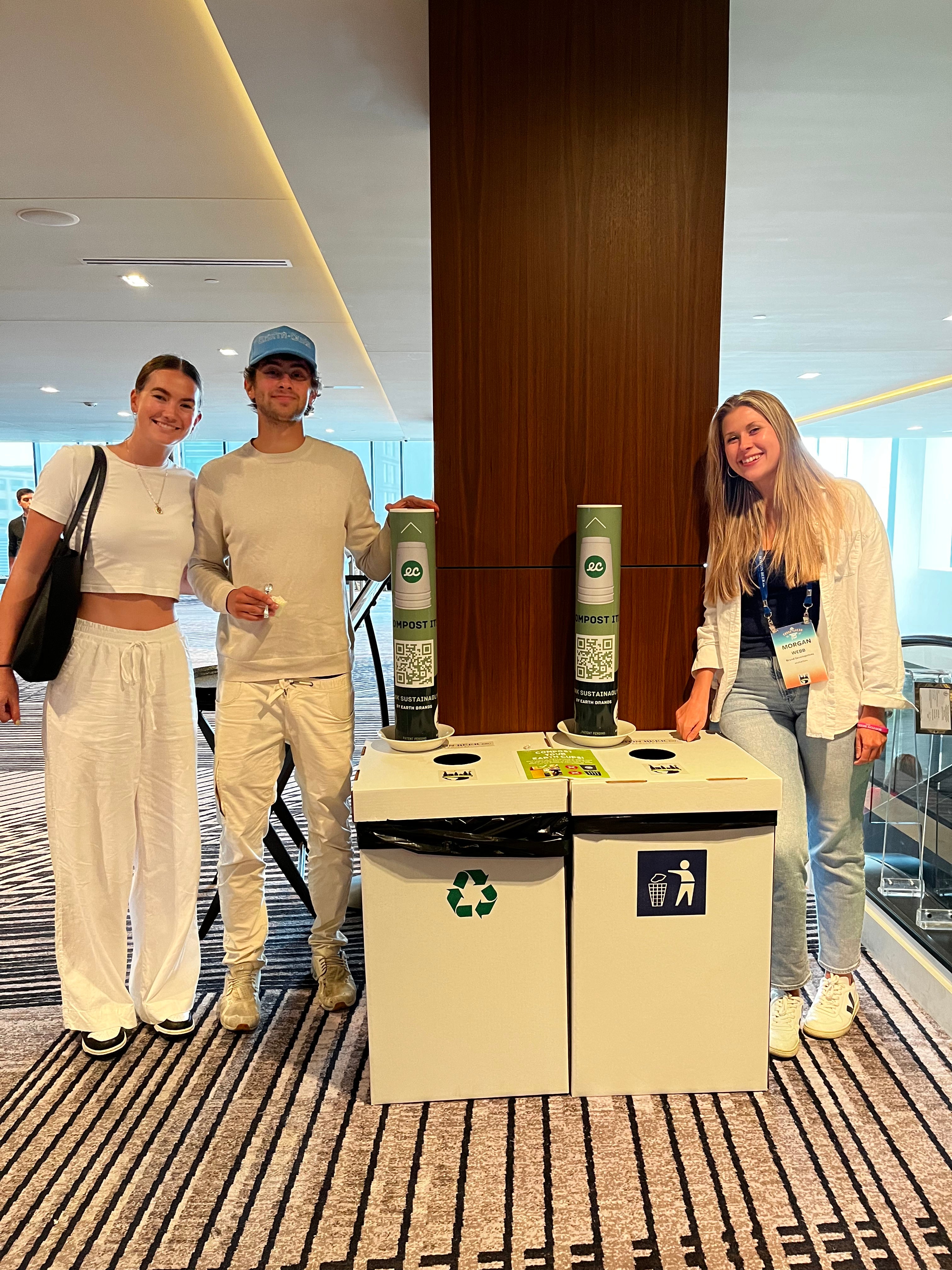
Young entrepreneurs find investors to help them take on red Solo cups
Young entrepreneurs find investors to help them take on red Solo cups
Misha Medvedev in May, when he and his partner, Peter Frelinghuysen, were warehousing 100,000 cups in the family garage in Albertson.
By Nicholas Spangler
nicholas.spangler@newsday.com @spanglernewsday
Updated February 15, 2022 5:00 AM
Billionaire Mark Cuban, a Wall Street private equity firm and others have invested $1.7 million in a biodegradable cup company started by a Long Island college student and his friend.
Earth Brands’ co-founder Misha Medvedev, of Albertson, announced the funding in a Jan. 26 LinkedIn post, saying the capital will expand operations and research and development, among other uses. Cuban and Fort Lawton Capital’s principal, Adam Pelzman, confirmed their involvement in emails but did not agree to interview requests.
In a pithy, punctuation-light missive, Cuban wrote: "I'm an investor. They want to replace the red solo cup with an environmentally safe equivalent
I'm trying to help them get there"
Investor Mark Cuban, who also owns the Dallas Mavericks Credit: Sports Illustrated via Getty Ima/Greg Nelson
That, in a nutshell, was the mission Medvedev, 21, a Williams College senior who graduated from Old Westbury’s Wheatley School, laid out in a Newsday story last spring.
Corn-based polymers
Galled by the sight of those virtually indestructible red polystyrene cups in the aftermath of college parties, he said he planned to take on Solo’s maker, $3 billion market leader Dart Container Corp., by popularizing his own cup, made from corn-based polymers, that he said would break down in 90 days when industrially composted.
Stony Brook University scientist David Tonjes, who studies solid waste management, told Newsday last year that the difference in ecological impact between the two products was negligible, in part because many industrial composting sites only accept yard waste, not used beer pong receptacles.
But Medvedev and partner Peter Frelinghuysen, 21, of New York City, persevered. Medvedev told Newsday last year that eventually they would devise a product able to "biodegrade in your backyard."
The cups’ design suggests an eco-conscious ethos: clear save one green dot bearing the initials "ec" for Earth Cups. Medvedev did the design on Photoshop on his home computer, he said.
"Drink sustainably" is the accompanying tagline. According to Medvedev, in the last year, people have been, in droves: sales skyrocketed from 20,000 cups last spring to 1.5 million this winter, he said. Another significant if less formal sign of growth is that the company no longer stores 100,000 cups in Medvedev’s mother’s Albertson garage, but has graduated to a fulfillment center in Lake Ronkonkoma.
The college crowd, plus
The company established itself early at a handful of college campuses, mostly in the Northeast. It has since expanded to 75 campuses, the partners said in a recent Zoom interview, including giants like University of Michigan, Tulane University and Penn State University. Student "brand ambassadors" at each school receive a 10 percent commission on each sale they make. The company’s Instagram feed, with about 36,000 followers, is filled with pictures of smiling young customers – on ski slopes, boats and at campus parties – holding up their cups.
The company is also prowling for new customers beyond fraternities and student organizations, Medvedev said. While college groups might order 5,000 cups at a time, breweries, bars, stadiums and festivals could order hundreds of thousands. Earth Brands also plans to target Getir and Jokr, two grocery delivery platforms popular with 20-somethings, Frelinghuysen said.
Medvedev and Frelinghuysen emailed "thousands" of potential investors and advisers, Medvedev said. Their small liberal arts college is well represented on Wall Street, and they reached some contacts through its alumni network. They also sent cold emails to venture capital firms whose websites suggested an interest in sustainable startups.
They reached Cuban in October through a mutual acquaintance they’d messaged on LinkedIn, Medvedev said.
'We thought it was a joke'
Frelinghuysen said the relationship began with "an order for one bag of 50 cups from someone named Mark Cuban. We thought it was a joke. A week later he reached out."
Cuban is "someone who doesn’t beat around the bush too much. … He saw something in us," Frelinghuysen said. The three have since emailed about the business, its growth strategy and "traction across college campuses," he said.
The partners declined to say how much Cuban invested, but said he was one of eight investors. Earth Brands’ initial funding came in the form of convertible notes, they said. Those investments did not establish a value for the company, but will be converted to equity stakes at a preferred rate during a subsequent funding round.
Armed with new capital, Medvedev said, the company will shift its production from a factory in China that was paid by the order to a facility on the U.S. West Coast to be operated with a partner. He declined to identify the location or the partner because the plans were not finalized. The change is intended to bring "faster turnaround times, customization, more flexibility with production and material," he said.
The material they now use, made from polylactic acid polymers, or PLA, is "way better than Solo but not the perfect solution," and Earth Brands will continue to explore plant-based materials, he said.
Success on that front would let them expand to other types of containers besides cups and beyond food service, he said, one reason the company changed its name from Earth Cups to Earth Brands.
"We’re not trying to just sell the same product forever, and we’re not trying to get bought out by Solo in a year," he said. "We’re trying to grow this into a globally recognized brand."
This spring, Freylinghuysen and Medvedev will graduate. Medvedev, who interned with an investment firm last summer, may have to decide if he can grow the company part-time while pursuing a Wall Street career.
He declined to comment on the choice. "We’re taking it day by day, hitting daily goals to grow this company," he said.
Nadia Vitels, Medvedev’s mother, was similarly circumspect in a phone interview.
"I want him to consider all the options before making all the decisions," she said. "There’s risk … there’s so many ways this can go."
As for the cups, she said: "I’m very happy they’re out of my garage."
By Nicholas Spangler
nicholas.spangler@newsday.com @spanglernewsday
Nicholas Spangler covers the Town of Smithtown and has worked at Newsday since 2010.

